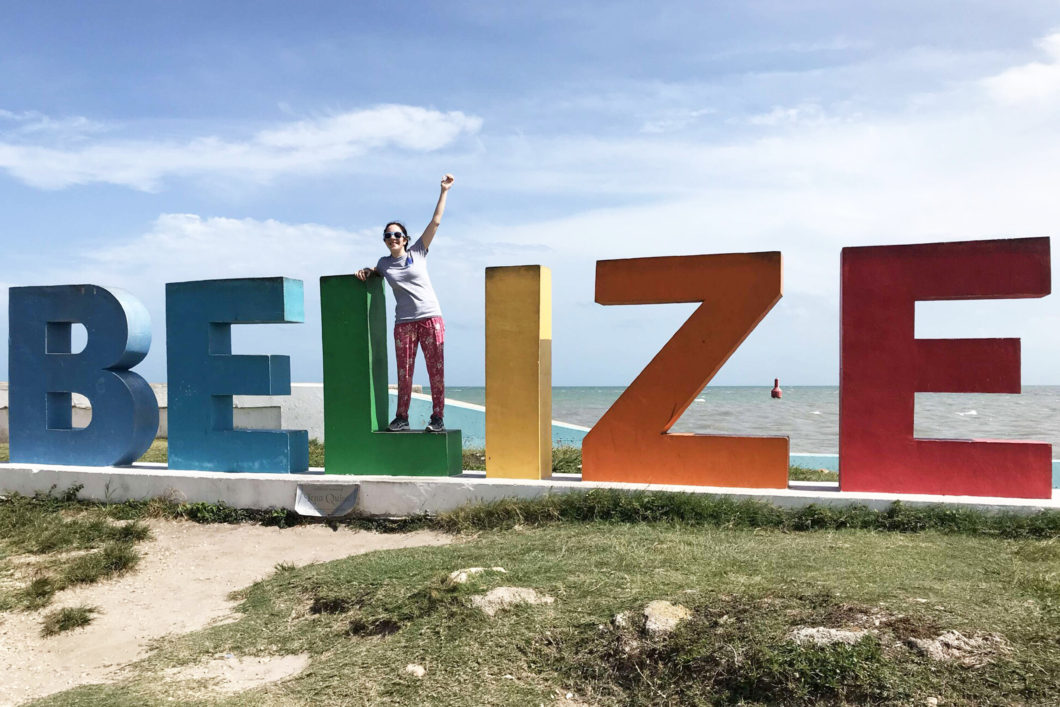To me, learning about speech-language pathology in other countries and cultures is important because awareness and education about places different than our own will make us better clinicians for all clients—those from different cultures and those who identify with the dominant culture.
As an undergraduate at Ithaca College, I was disappointed to find that there wasn’t a study abroad program that allowed me to expand my SLP education internationally. During the spring of my junior year, I searched for programs that might allow me to do this on my own. I discovered Therapy Abroad—an organization whose mission it is to connect students (and professionals) with SLP-focused, hands-on, study abroad opportunities.
My application included a personal statement outlining my aspirations to be a future SLP and why I wanted to study abroad—I was selected to travel to Belize!
My Therapy Abroad Experience
With 12 other SLP students and 3 licensed SLPs from across the U.S., we worked together to lead Tykes Camp—a two-week-long camp for children with disabilities, ranging from ages 3-7. We provided activities to support fine and gross motor development, science, reading, behavior regulation, and imaginary play. Each of us observed speech therapy sessions between an SLP and one of the children to learn more about data collection and goal writing.
We also visited a local school to conduct speech and language evaluations for kids ranging from ages 5-10—many of whom spoke Spanish. While not a native Spanish speaker myself, I did study and practice the language in high school and college. I knew enough to successfully conduct an evaluation in Spanish—allowing me to make the student feel more comfortable.
Lastly, we visited the Inspiration Center—the only institution in Belize that offers physical therapy, occupational therapy, social work, and speech-language pathology services for free to children and young adults with disabilities. As you can imagine, there’s a long waiting list! In addition to performing 3 home visits through the Center, we observed diagnostic sessions conducted by our mentor SLPs.
The child I observed has autism and is being raised by a single mother. She’s home all day with her son (who’s unable to go to school) and sells cakes to make ends meet. She’s exhausted and unsure how to help her son. By providing a home visit, the Center has given her validation that her son deserves assistance and tips on how to understand the nonverbal messages her son is giving.
Advocating for Underrepresented Populations
There’s only one SLP in Belize. As a result, many students aren’t receiving assistance with their speech and language, which can impact their success in life because of impaired communication and a lack of strategies to improve it.
After participating in this specialized study abroad program, continuing to help underrepresented populations, like the people in Belize, is now a personal career goal of mine. I’d love to improve my Spanish and become a bilingual service provider. Students deserve the opportunity to receive the specialized services they need, and their families deserve the opportunity to advocate for their children.
No matter what your experience is with other cultures and backgrounds, I think it’s important for everyone to gain new perspectives outside of the U.S. as a way to gain trust, express sensitivity, and show a positive attitude towards differences which makes clients feel more seen and heard.

